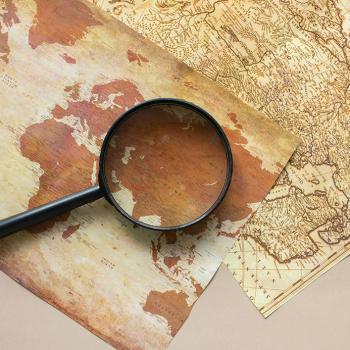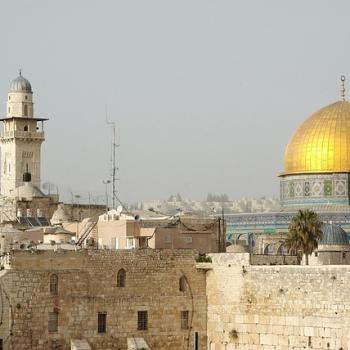 It isn't difficult for me to love the natural world: rocks, rivers, trees, tumbling falls, birds, and beasts. I have some difficulty with the neighbor's cat that can't seem to figure out that he belongs over there and not here. But that's a dislike of an individual. It doesn't undo the fact that I like cats and dogs and mice and snakes and spiders, and just about every other animal I've encountered.
It isn't difficult for me to love the natural world: rocks, rivers, trees, tumbling falls, birds, and beasts. I have some difficulty with the neighbor's cat that can't seem to figure out that he belongs over there and not here. But that's a dislike of an individual. It doesn't undo the fact that I like cats and dogs and mice and snakes and spiders, and just about every other animal I've encountered.
My office at work looks out over Utah Valley to the west, with a view of the lake and the Oquirrh mountains. The city trees obscure most of Provo's homes and other buildings. Were it not for the indoor football practice facility—like the neighbor's cat, not knowing where it doesn't belong—perhaps I could have the impression of seeing the valley uninhabited, the valley as God made it, though with many more trees than were here before the Mormon settlers arrived. Perhaps the best view from my window is the one I have sitting at my reading desk as the sun goes down. It doesn't last long. The sky darkens. The colors change. In winter everything turns grey or grey-blue. In minutes everything disappears, with the mirroring lake and the silhouette of the mountains the last to go. Soon mostly what I see is my reflection in the window punctuated by street and building lights that have come on with the dark.
My home office looks out over a small herb garden in a protected space between two wings of the house. Right now there's little to see there: a few branches of rosemary sticking up through the snow, a lump here and another there that will be oregano and thyme come spring. The space faces south, so the glare of sun on snow lights my office for much of the day and makes the garden sparkle, but it also makes contemplating the garden difficult. Squinting is not good preparation for contemplation.
In middle and late spring, however, that space is as beautiful as the sunset view from my other office. I can open the windows that look onto it and hear birds in the trees and children—some of them my grandchildren—playing in the street. For a few days my peonies brighten the edge of our porch with white and pink before they drop their petals on the surrounding garden. The bleeding hearts along the east side provide a green backdrop, interrupted here and there by spots of pink tinged with white. As the parsley, tarragon, mint, chives, thyme, oregano, rosemary, and basil grow, each occasional breeze suggests that they are there. And if a grandchild decides to detour to the front door by way of the garden path, he creates his own breeze and sends more than a mere suggestion into my office. Even if he were quiet, though that's impossible, the garden would announce his arrival before he reached the doorbell.
Looking out those windows, I know something beyond myself. I feel grateful to be alive. I am grateful for the beauty that gives itself in these things, only a few of them spectacular. Even in the midst of sadness, events like these bring a touch of joy, perhaps mixed with melancholy or pain, in any case a reminder that there is more. Solipsism and egoism are banished in the face of the world's beauty.
Perhaps because it has such authority to banish or temper the ills of life, the beauty of the world brings God to mind. I can imagine someone who sees what I see and feels the same joy and gratitude I feel, the same connection to what is more than self, but for whom God doesn't come to mind. I'm sure my faith allows me to see God in these things and events, rather than the reverse, so I understand how someone who doesn't share that faith can see what I see and feel what I feel, yet not think of them as reminders of our loving Father. But for me it is impossible: I see the Creator in his creations, large and small.
That's much as I see people in the world around me. Pablo Neruda has a poem, "Ode to things,"* that I like very much. A few lines from it:
| Amo todas las cosas, no porque sean ardientes o fragantes, sino porque no sé, porque este océano es el tuyo, es el mio: los botones, las ruedas, los pequeños tesoros olvidados, los abanicos en cuyos plumajes desvaneció el amor sus azahares, las copas, los cuchillos, las tijeras, todo tiene en el mango, en el contorno la huella de unos dedos, de una remota mano perdida en lo más olvidado del olvido |
I love all things, not because they are passionate or sweet-smelling but because, I don’t know, because this ocean is yours, and mine: these buttons and wheels and little forgotten treasures, fans upon whose feathers love has scattered its blossoms, glasses, knives and scissors -- all bear the trace of someone’s fingers on their handle or surface, the trace of a distant hand lost in the depths of forgetfulness. |





